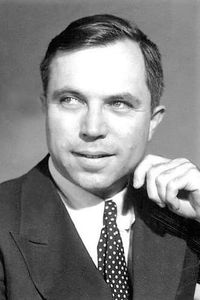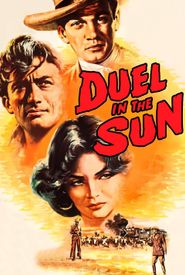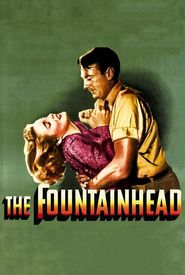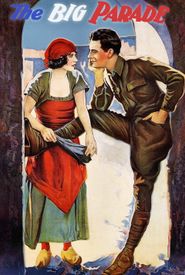King Vidor was an American film director, film producer, and screenwriter of Hungarian descent, born in Galveston, Texas to lumberman Charles Shelton Vidor and his wife Kate Wallis. His paternal grandfather, Károly (Charles) Vidor, had fled Hungary as a refugee following the failed Hungarian Revolution of 1848, settling in Galveston, Texas by the early 1850s.
During his childhood, King Vidor witnessed the devastating 1900 Galveston hurricane, the deadliest natural disaster in United States history, which caused widespread destruction and loss of life. This traumatic experience would later influence his work as a filmmaker.
By the early 1910s, Vidor was working as a freelance newsreel cameraman and cinema projectionist. He made his directing debut with the short film "The Grand Military Parade" in 1913. In 1915, he moved to Hollywood, California and was hired as a screenwriter and short-film director by Judge Willis Brown, owner of the Boy City Film Company.
Vidor's early work focused on films depicting juvenile delinquency and racial discrimination, topics that were of great concern to Brown. He served as a screenwriter and director for at least 10 films with these themes. In 1919, Vidor directed his first feature film, "The Turn in the Road", a silent drama about a businessman who loses his faith in God and industry following the death of his wife.
Vidor's first major hit was the feature "Peg o' My Heart" (1922),an adaptation of a popular Broadway play. Following this success, he was signed to a long-term contract with Goldwyn Pictures, which later merged with Metro Pictures and Louis B. Mayer Pictures to form Metro-Goldwyn-Mayer.
In the 1920s, Vidor's most famous silent feature films included the war film "The Big Parade" (1925),the Academy-Award nominated drama "The Crowd" (1928),the comedy "Show People" (1928),and the comedy-drama "The Patsy" (1928). His first sound film was the drama "Hallelujah" (1929),about the life of sharecroppers, which was one of the first Hollywood films with a cast consisting fully of African-Americans.
Vidor continued to work on feature films until the late 1950s, with his last major film being the Biblical-romance "Solomon and Sheba" (1959). He then worked on short films and documentaries, his last film being the documentary "The Metaphor" (1980). Vidor chose to retire from filmmaking in 1980 at the age of 86.
In 1982, at the age of 88, Vidor passed away at his ranch in Paso Robles, California from an unspecified heart disease. His remains were cremated and his ashes were scattered in his ranch.
































































